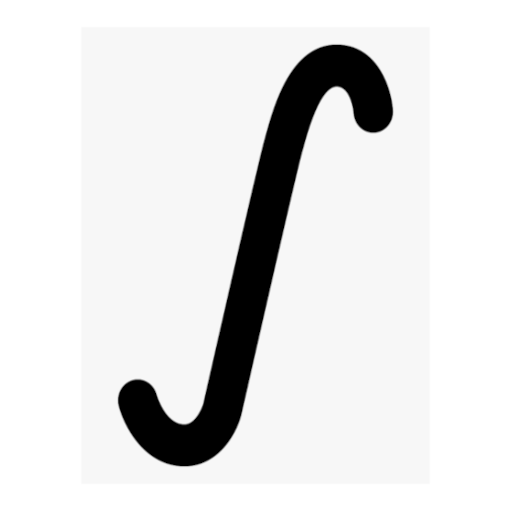cross-posted from: https://sopuli.xyz/post/22688165
Random thought on magic squares:
If I view the smallest possible non-trivial magic square
2 7 6 9 5 1 4 3 8since its rows and diagnoals sum up to
2+5+8 = 2+7+6 = 4+5+6 = 2+9+4 = … = 15Lets view it as a 3x3 Matrix, its determinant is Δ = -360 . Its inverse:
-37/360 19/180 23/360 17/90 1/45 -13/90 -7/360 -11/180 53/360note how this is a magic square, rows and diagonals sum up to
1/15.https://matrix.reshish.com/inverse.php
Now if you are really bored (I can not do this): proof that for any non trivial magic squares the inverse …
- exists (i.e. every non-trivial magic square has an inverse)
- is a magic square.
what about this square, it does not have an inverse
1 1 1 1 1 1 1 1 1That magic square would be called trivial, since it contains the same entry multiple times.
exists (i.e. every non-trivial magic square has an inverse)
this is actually interesting, im currently on bed so im not writing a proof, but the rule for a 3x3 magic square of conseqetive numbers seemed to be (tested on one other example) that its inverse is 1/(3*middle number), the 3 could be the dimension of the square?
if this is true, this begs the questions:
- is it still true for squares of non conseqetive numbers?
- what happens when the square is 4x4 where a centre number doesnt exist
either way im gonna have a go at it when i wake up tmr, and im pinning this for being one of the coolests finds in the community
was about to fall asleep but then PROPOSITION:
- all magic squares are constant multitles (all numbers multiplied by a certain value), or shifted (all numbers added to by a certain value) of a very few variations of “base” magic squares this seems intuitively true by a sleepy deprived person at 1am, but if we can prove for these “base” squares, would that be the way to prove for the general case?
i.e. there r and infinite number of 1x1 magic squares, but there is only one case to deal with if we want to prove anytning about it
yeah once we have a non-invertible base we can construct many more magic squares using construction principles … Some of these for uneven size are outlined in mathloggers youtube videos …
- if we swap rows or columns inside a Matrix the absolute value of its determinant will not change, it will stay invertible/non singular using these operations … and it will also stay a magic square …
For example the following will lead to a magic square, if we start from a non singular magic square we will end with one:
- swap row 1 and 2
- swap column 1 and 2.
By doing this we transform …
ABC DEF GHIinto
EDF BAC HGIDue to commutativity of addition operation these row/col swaps result in a “new” magic square. Row/coll swaps also dont change the inversibility of the matrix …



